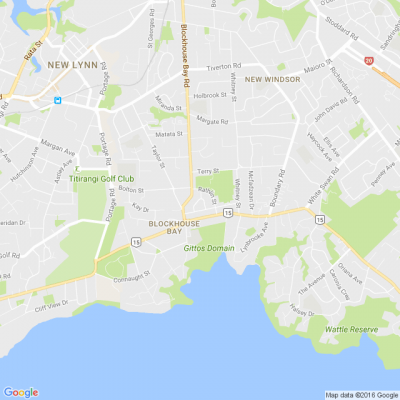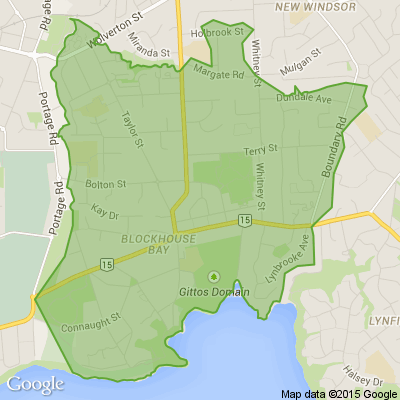Specialist doctor shortage: More than a third of adults not getting healthcare they need
More than a third of adult New Zealanders are not getting the healthcare they need, a new study by the senior doctors union has found.
Patients who need specialist care were being left “in limbo” with their GPs, while the number of people turning up to emergency departments in life-threatening situations is growing.
The report by the Association of Salaried Medical Specialists used official data including patient surveys, wait lists for non-surgical care and information about the number of people referred to a specialist but declined care.
About 1.75 million people were missing out on dental care, while 329,000 and 55,000 children were not getting the treatment they needed for mental health or addiction, it said.
The number of people who did not receive specialist care within four months was six times higher in September last year than in July 2019, it found.
In an editorial on the study in the New Zealand Medical Journal, the authors said that had big implications.
“As access to hospital specialists declines, growing numbers of patients are left in limbo under the care of their GPs, adding further to the pressures on access to primary care services, and risks patients’ condition deteriorating and quality of life worsening,” they said.
The report said the number of people turning up to hospital emergency departments has grown by 22 per cent in the nine years to 2023.
And the proportion of them arriving with immediately or potentially life-threatening conditions has grown from a half to two-thirds, it said.
The union said the situation was much worse than in comparable European countries and urgent investigations were needed.
It said any change needed to be much wider than just the health system, addressing the problems that could contribute to bad health including poverty.
===================================================
www.nzherald.co.nz...
==================================================
Some Choice News!
DOC is rolling out a new tool to help figure out what to tackle first when it comes to protecting our threatened species and the things putting them at risk.
Why does this matter? As Nikki Macdonald from The Post points out, we’re a country with around 4,400 threatened species. With limited time and funding, conservation has always meant making tough calls about what gets attention first.
For the first time, DOC has put real numbers around what it would take to do everything needed to properly safeguard our unique natural environment. The new BioInvest tool shows the scale of the challenge: 310,177 actions across 28,007 sites.
Now that we can see the full picture, it brings the big question into focus: how much do we, as Kiwis, truly value protecting nature — and what are we prepared to invest to make it happen?
We hope this brings a smile!

Poll: 🤖 What skills do you think give a CV the ultimate edge in a robot-filled workplace?
The Reserve Bank has shared some pretty blunt advice: there’s no such thing as a “safe” job anymore 🛟😑
Robots are stepping into repetitive roles in factories, plants and warehouses. AI is taking care of the admin tasks that once filled many mid-level office jobs.
We want to know: As the world evolves, what skills do you think give a CV the ultimate edge in a robot-filled workplace?
Want to read more? The Press has you covered!

-
52.6% Human-centred experience and communication
-
14.7% Critical thinking
-
29.9% Resilience and adaptability
-
2.7% Other - I will share below!
Share your favourite main crop potato recipe and win a copy of our mag!
Love potatoes? We will give away free copies of the May 2026 issue to readers whose potato recipes are used in our magazine. To be in the running, make sure you email your family's favourite way to enjoy potatoes: mailbox@nzgardener.co.nz, by March 1, 2026.








 Loading…
Loading…